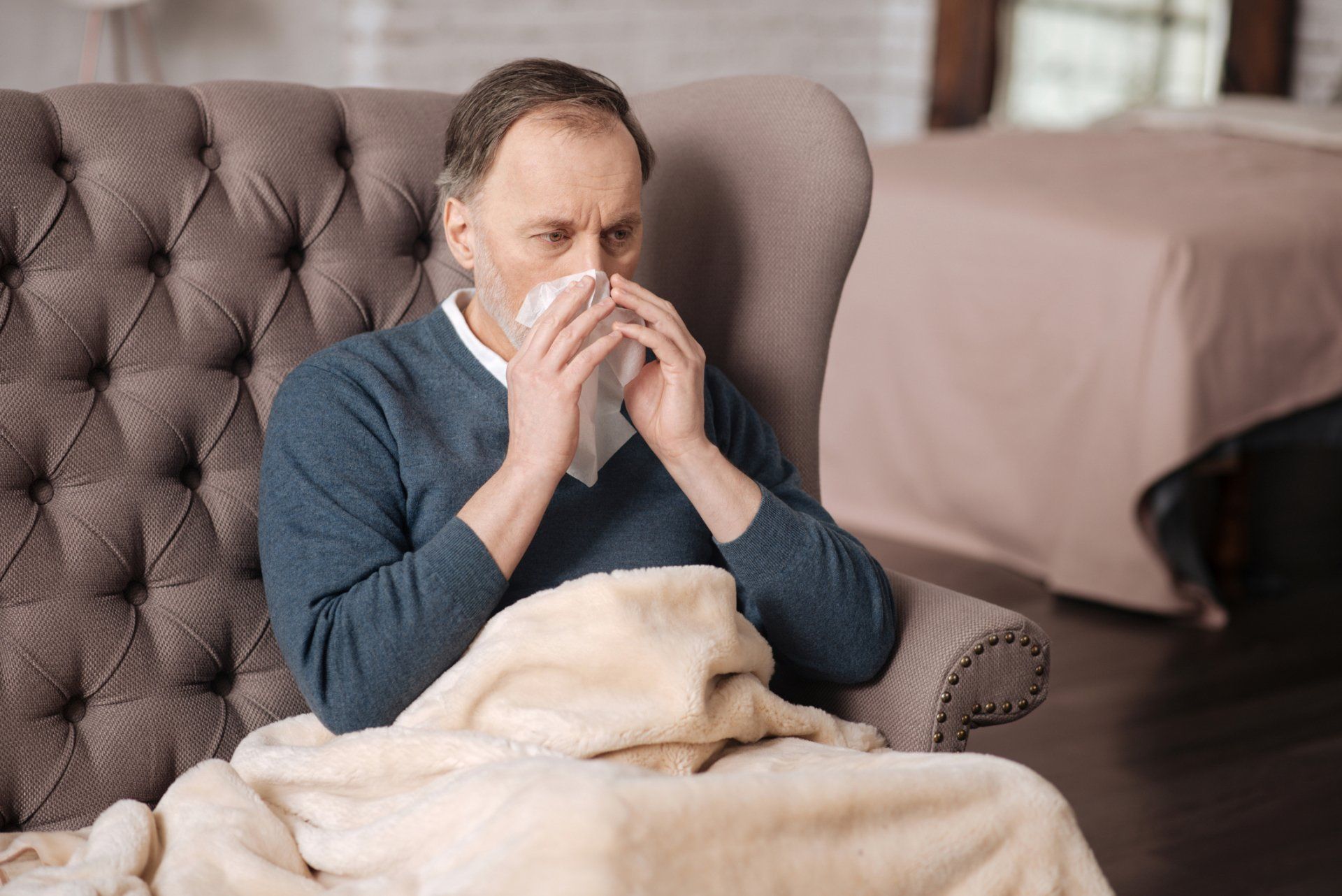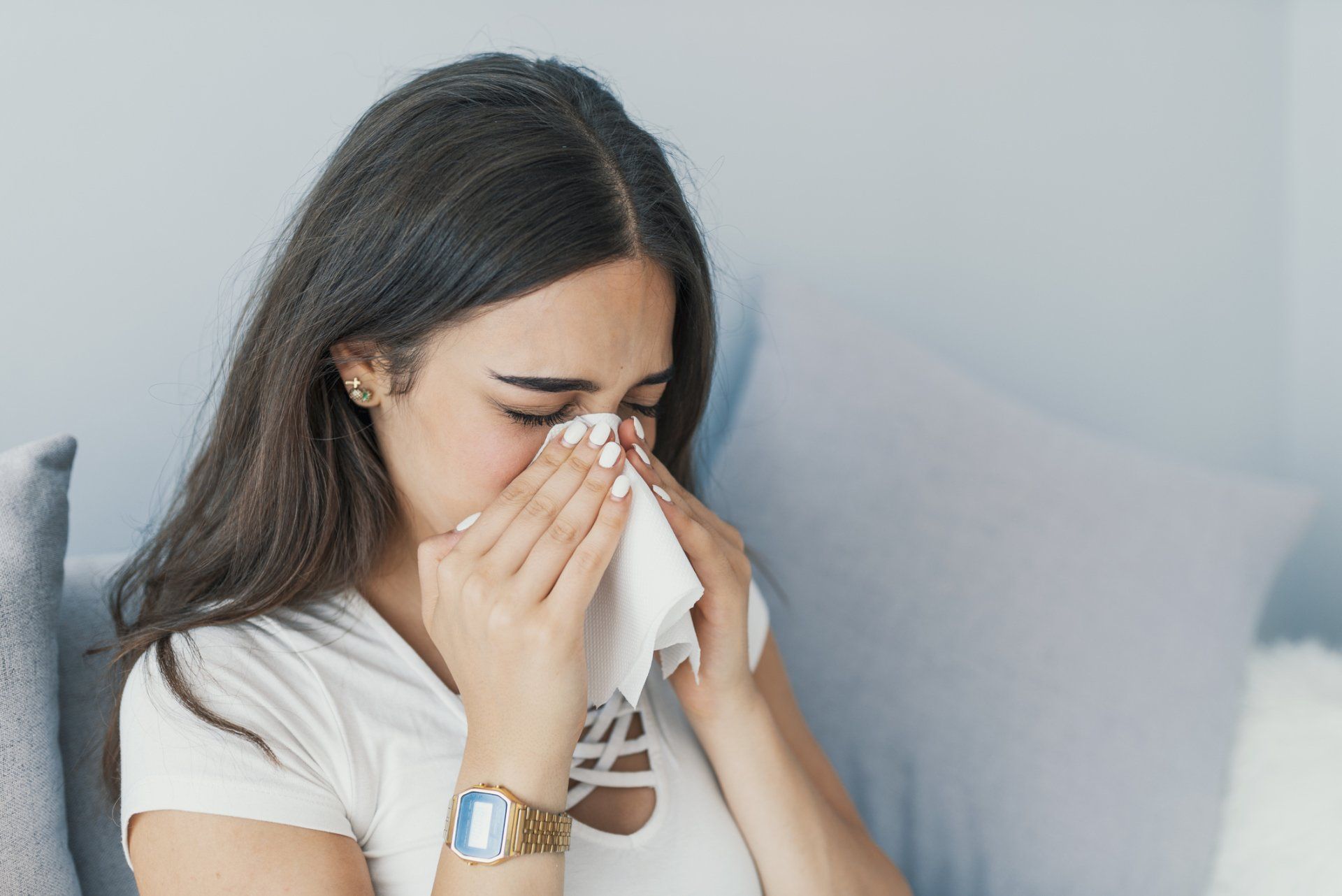If you care for a senior loved one, you know that paying close attention to their health can feel like a full-time job. You may begin to notice all the subtle details that come with growing older, including changes to health.
Worsening allergies are one factor associated with aging. In turn, allergies can impact immune system functioning and other chronic health issues. Knowing this, it makes sense that you want to nip allergies in the bud - preventing them from having long-term effects.
If you are worried about allergies and how they affect your loved one, read this guide. You will learn more about how to address allergies before they become a significant problem.
Whether your loved one has food allergies or seasonal allergies, pay close attention to the symptoms they experience. Some signs of allergic reaction, like a runny nose or sneezing, are more obvious. On the other hand, others may be more subtle, like swelling of the tongue.
When you notice symptoms becoming more predominant, make sure that you check the levels of allergens in the air before taking your elderly loved one outside.
Allergies may seem harmless, but they can have an impact on chronic conditions later in life. Additionally, allergies may develop as they age, which leads to undiagnosed allergies that have no prescribed medication or plan for treatment when they coincide with chronic health ailments.
Some conditions, like
rhinitis, tend to occur more often with age - often because the structure of the nose can change with aging. Millions of people have rhinitis, many of whom are elderly and deal with allergies daily. Rhinitis is often treated simply by keeping the nasal passage moist, but it may also require additional treatment.
Certain antihistamines can be dangerous when seniors use them. Some antihistamines can cause urinary issues, dizziness, and confusion. These potential risks mean that you should discuss the use of anti-allergy medications with your doctor. They may have good ideas as to which antihistamines are safe for your loved one to use.
Seasonal allergies aside, food allergies can be deadly and have long-lasting detriments. The most common culprits are fruits, vegetables, shellfish, peanuts, and tree nuts. Do all you can to eliminate these potential dangers from the dinner table, whether you are a long-term caregiver at home or you are going to a restaurant to eat.
Additionally, you should always be prepared for a bad reaction to food. Anaphylaxis strikes quickly, and you may not have time to call even an emergency number for help. Talk to the doctor ahead of time to discuss the steps you should take if your loved one experiences a food allergy.
Home should always be a safe place for your loved one, but allergies can work their way in regardless. One place to start with your home is to begin keeping shoes and jackets outside or in the garage. Try to change your outside clothes into a fresh outfit when you come home to avoid bringing allergens inside.
Next, consider your current HVAC system. You might need to have it serviced or maintained to ensure that it is not pumping additional allergens into the home.
Are you confused about what you should do next for your loved one? Whether you are a caregiver or you take care of your loved one occasionally, taking steps to prevent allergic reactions now is beneficial. Make an appointment at
Allergic Diagnostic & Treatment Clinic to see how we can help you and your loved one fight back against allergies.











